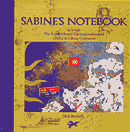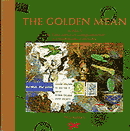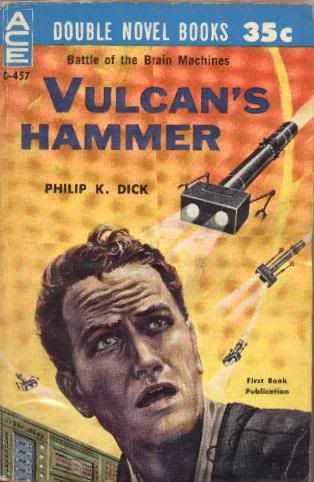
CHOKE
by: Chuck Palahniuk
Anchor Books, 2002
Finally got to reading Chuck Palahniuk's Choke - just in time for the film! Though I would normally would have gone after Fight Club first, this was highly recommended to me by a devout Palahniuk fan. The only other book of his I've read is Diary, which was dark and funny, but at a dark time for me was also highly disturbing.
Choke was pretty much a blank slate for me. Other than being told that it was about a sex addict, and a great book, I went in knowing nothing. This is probably my favorite way to start a new book. You aren't perverted by the recollections of others, by expectations of certain parts. It's a discovery.
It is difficult to go over this book without giving too much away, and Palahniuk is one of those writers who is always messing with his readers, throwing them curve balls. No story is very straightforward. Saying Choke is about a sex addict is so much of an oversimplification, but to say anything else would mean an essay. It's about addiction, society, hope and the lack thereof, people, relationships, happiness. It's about someone with nothing trying to figure out what the hell it all means. This is a theme that I have found runs through other Palahniuk stories, including Fight Club and Diary. He likes the underdog who never wins, the people scraping the bottom of society's barrel, the bottom feeders to the rest of the world. And can you blame him? Sure I love an good Wodehouse story about good 'ol Bertie, Jeeves, and upper crust homicidal antics, but the really interesting stories come from the underground, from the pathetic folks. And Victor Mancini definitely is pathetic. There is also the element of insanity - who is crazy and who isn't. Crazy can be such a relative term, and a relative state. This is another theme with Palahniuk. And Victor, in my opinion, is a touch.
It is always good to remind oneself that this book is funny. Sometimes during some rants or dark portions it is easy to become wrapped up in Victor's broken mind and get down on life. You need to remember the humor. And if you forget Palahniuk will hit you with something and you'll laugh out loud. It's that dark twisted humor that runs so lightly below the surface that keeps this book going. Victor's best friend, Denny, for example. He is always the butt of everything bad that comes down the pike. He is the ultimate pathetic hilarious figure, in my opinion. The guy that always steps in crap. And he shows up every so often, like the fool in Shakespeare, to lighten the mood a bit. Also like the fool ,he sheds a little wisdom upon the situation, proved some sane compass for Victor at his worst. And in the end we see that maybe the only sane, reasonable person in the entire story is inane Denny, the one addicted to masturbation.
At first I really like our anti-hero. I felt for him, growing up with the crazy mother, going from foster home to foster home. The instability, the lack of affection, the twisted relationship with his mother, it really gives a lot of empathy towards him. You accept that this has led him to be a sex addict, to working at a crappy job. Plus, I like crazy people. They're more interesting. AS the book goes on it really turns more from empathy to annoyance. I wanted to step in and slap him for just being ridiculous most of the time. True, this is part of what makes him a humorous character, and pathetic, but sometimes you want to yell at people to stop thinking and just be. I guess that's why I like Denny and how he plays the role of fool, of balance to Victor's mania.
The style of the book, the first person narrative from Victor, gives such a complete picture of the character and the way he thinks. Even the repetitive forms of speech and thought. They add to his humor as well as his crazy. They make you laugh out loud. The jumping back and forth in time makes you really pay attention to what is happening, and when. I like that he unfolds a story in a jumbled chronology. You are piecing together Victor's history lie a quilt. It makes the book go faster, too. He breaks things up in to small chapters and the story moves along at a good pace. There is no getting bogged down in the mire of Victor's brain, because it's just moving too fast.
Overall Choke was very different than what I'd expected. It was definitely funnier. Let's face it, sex IS funny. And someone addicted to sex is funny. The weird ways people have sex is down right hilarious. And the pathetic will always be funny, no matter how much heart you have for them. I loved the ending. I love the whole thing falling apart and only then the light shining through. It is similar to other Palahniuk endings. He certainly believes in the hitting bottom to rise again idea. But he manages to get there in enough different ways that I keep reading his books.
Now, to lighten the mood, a little YA lit. Am starting The Sisterhood of the Traveling Pants. I never read thing kind of thing as a kid or teen. Better late than never, I guess. Just bought another chic lit book that looks interesting. Trying to change things up a bit.



